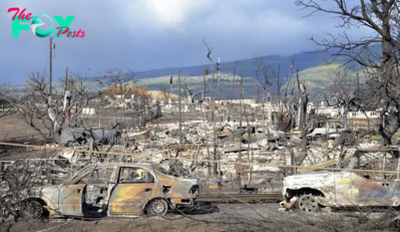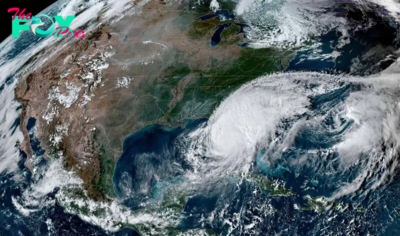Science
Why do people feel like they're being watched, even when no one is there?
You're alone, and you suddenly have the sneaking suspicion that someone's there. Maybe you watched a scary movie or read the latest thriller novel and wonder if there's a killer lurking in your room. You look around and open the closet door, but no one's there. So why does your mind make you feel as if you were being watched?
According to Leslie Dobson, a clinical and forensic psychologist, there are a number of reasons why someone may feel as if they are being watched. These causes span a broad spectrum, including exposure to scary books, movies or news; hypervigilance following a stressful or traumatic event; and serious mental Health conditions.
"In more extreme cases, a person may experience paranoia and hypervigilance, often related to an underlying mental Health condition or physical brain ailment," Dobson said in a written message.
Of course, sometimes we really are being watched. People likely evolved to be sensitive to another person's gaze, and it's been suggested the human brain has a neural network dedicated solely to processing gaze, according to an article written by Harriet Dempsey-Jones, a postdoctoral research fellow in cognitive neurosciences at The University of Queensland in Australia. It's possible that our attentiveness to gaze arose because it can support cooperative interactions between humans. This ability usually isn't difficult to master; it's fairly easy to see where a person is looking because we can see where their pupils are focused, and with our peripheral vision we can pick on cues, such as body language, indicating that a person is looking at us.
But sometimes, even if no one is watching, outside stimuli can make us feel afraid and look around to see if we're being watched. This could include watching or reading a thriller in which a protagonist is being stalked by a threatening figure, or hearing a random noise when home alone.
Related: Why do people dissociate during traumatic events?
For people who have experienced traumatic events, hypervigilance becomes a defense mechanism that is meant to prevent us from experiencing future stress by avoiding danger, according to a 2023 study in the journal Frontiers in Psychology. Symptoms like paranoia and anxiety that usually come after stressful events can occur in a similar region of the brain, Dobson explained.
-

 Science2d ago
Science2d agoInside Capitol Hill’s Latest UFO Hearings
-

 Science2d ago
Science2d agoYou Won’t Want to Miss the Leonid Meteor Shower. Here’s How and When You Can See It
-

 Science3d ago
Science3d agoHere’s What Trump’s Win Means for NASA
-

 Science6d ago
Science6d agoWhy Risky Wildfire Zones Have Been Increasing Around the World
-

 Science1w ago
Science1w agoIt’s Time to Redefine What a Megafire Is in the Climate Change Era
-

 Science1w ago
Science1w ago4 Astronauts Return to Earth After Being Delayed by Boeing’s Capsule Trouble and Hurricane Milton
-

 Science1w ago
Science1w agoThe Elegance and Awkwardness of NASA’s New Moon Suit, Designed by Axiom and Prada
-

 Science2w ago
Science2w agoSpaceX Launches Its Mega Starship Rocket. This Time, Mechanical Arms Catch It at Landing



























